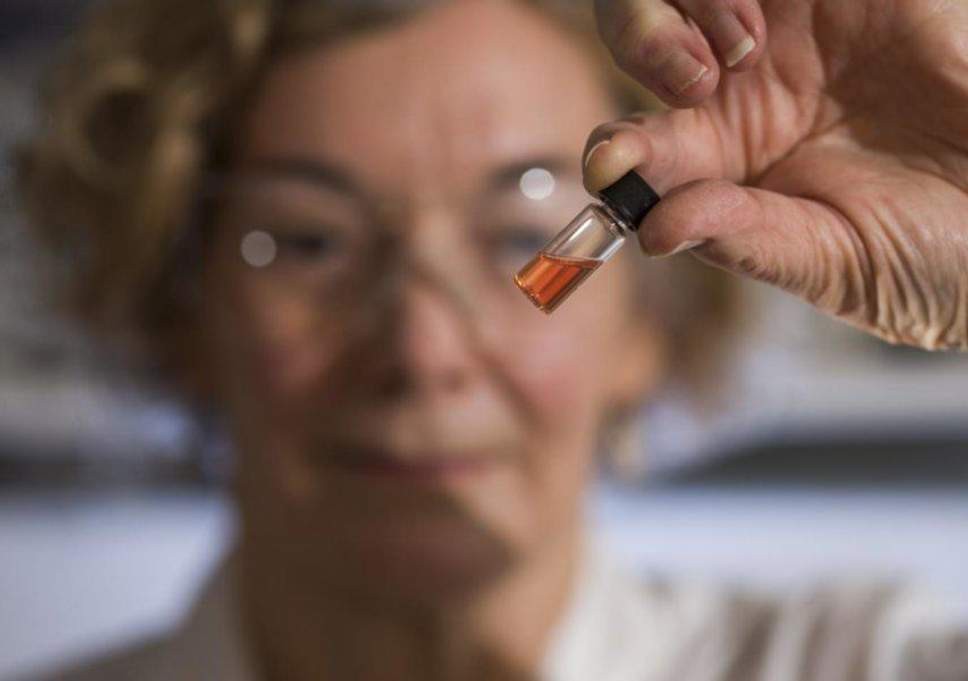Surely you couldn’t believe it when 1.1 billion years ago, surrounding the Earth wasn’t a blue ocean, but it was … hot pink.
If asked what color our Earth is, many people will immediately respond – blue.
But recent research by experts at the Australian National University (ANU) has revealed an unexpected secret.
After analyzing a precious 1.1 billion-year-old fossil sample obtained from an ancient black slate in the Sahara Desert, the authors identified that the color of the ancient Earth was pink, not blue.
Specifically, the fossil cyanobacteria – one of the first organisms on Earth to live in the sun pointed out that the Earth 1.1 billion years ago was a bright pink color.
Observed under a microscope, experts have found chlorophyll in this bacteria. We know that chlorophyll will help plants photosynthesize, but the strange thing is that chlorophyll in the old days was crimson to dark purple in color.
After distilling the ancient chlorophyll, the results showed that the test tube turned pink – the color of the ocean covered billions of years ago – when ancient bacteria lived and photosynthesized.
Earth’s oldest color is obtained after ancient chlorophyll distillation – it has a bright pink luster.
Professor Jochen Brock – Study participants shared, she and her colleagues were very surprised by this finding. Because until now we have always believed that the Earth is a blue planet.
Lots of simulations, recreating the ancient Earth in blue – but the truth is not. They have a bright pink color – “hot pink”.
Currently, the scientific community continues to search for fossil samples and is not at all surprised at the secrecy it has obtained.
The research was published in the Scientific Journal of the Proceedings of the National Academy of Sciences.



